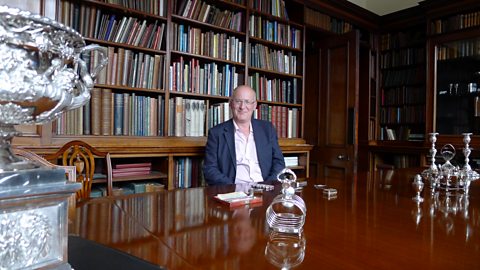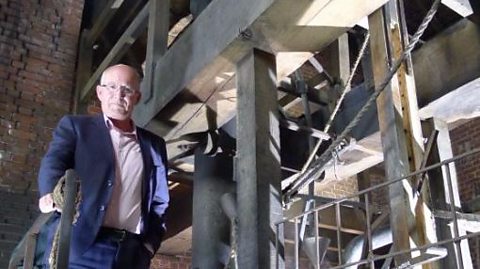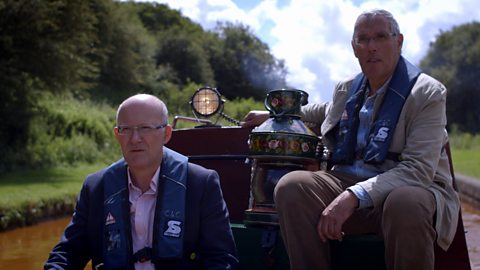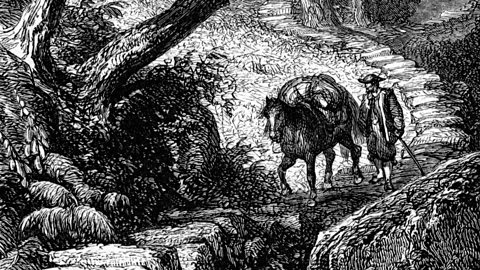Video summary
Professor Jeremy Black places one figure, Josiah Wedgwood, above all others as a hero of the Industrial Revolution.
From relatively humble beginnings he built up a business empire by creating and then meeting customer demand.
While he certainly made pottery in his factories, his real genius lay in making people want this pottery β getting them to see his goods as desirable must-haves, just like todayβs designer brands.
It was Wedgwood who pioneered the idea of a showroom where he could meet and chat to his customers and, instead of loading them up in the shop, he could encourage them to order from his mail order catalogue.
Perhaps his greatest triumph was in exploiting the fact that he had made a tea service for the Queen.
If his wares were good enough for royalty then a marketing genius like Wedgwood could make everybody else want their teacups from the same maker.
This short film is from the ΒιΆΉΤΌΕΔ series, Why the Industrial Revolution Happened Here.
Teacher Notes
This short film could be used to consider the historical significance of 18th and 19th century entrepreneurs, starting with Josiah Wedgewood.
Criteria for significance could include impact made during their lifetime, whether this has been of lasting benefit, whether there is evidence to show they are remembered today, and the extent that their work influenced others both at the time and since.
This short film is suitable for teaching history at Key Stage 3 and GCSE, Third Level and National 4 & 5, in particular units on the Victorians and the Industrial Revolution.
The brains behind the Industrial Revolution. video
Professor Jeremy Black shows how, at the birth of the Industrial Revolution, Britain's political and economic climate allowed inventive minds to blossom.

The growth of industry and factory towns in Britain. video
Professor Jeremy Black explains how the invention of factories completely changed the nature of work and made Birmingham one of Britain's largest cities.

The importance of coal in the Industrial Revolution. video
Professor Jeremy Black digs deeper into our industrial past and finds that Britain sat on top of bountiful coal deposits, perfect to power newly-invented steam engines.

The transport revolution: Britain's canal network. video
Canals were the motorways of the 1700s, says Professor Jeremy Black. Building them took huge amounts of money and some incredible feats of engineering.

Why did Britain need a better road network? video
Professor Jeremy Black explains how the state of Britain's roads in the early 1700s was holding back the Industrial Revolution, and how business owners changed all that.
